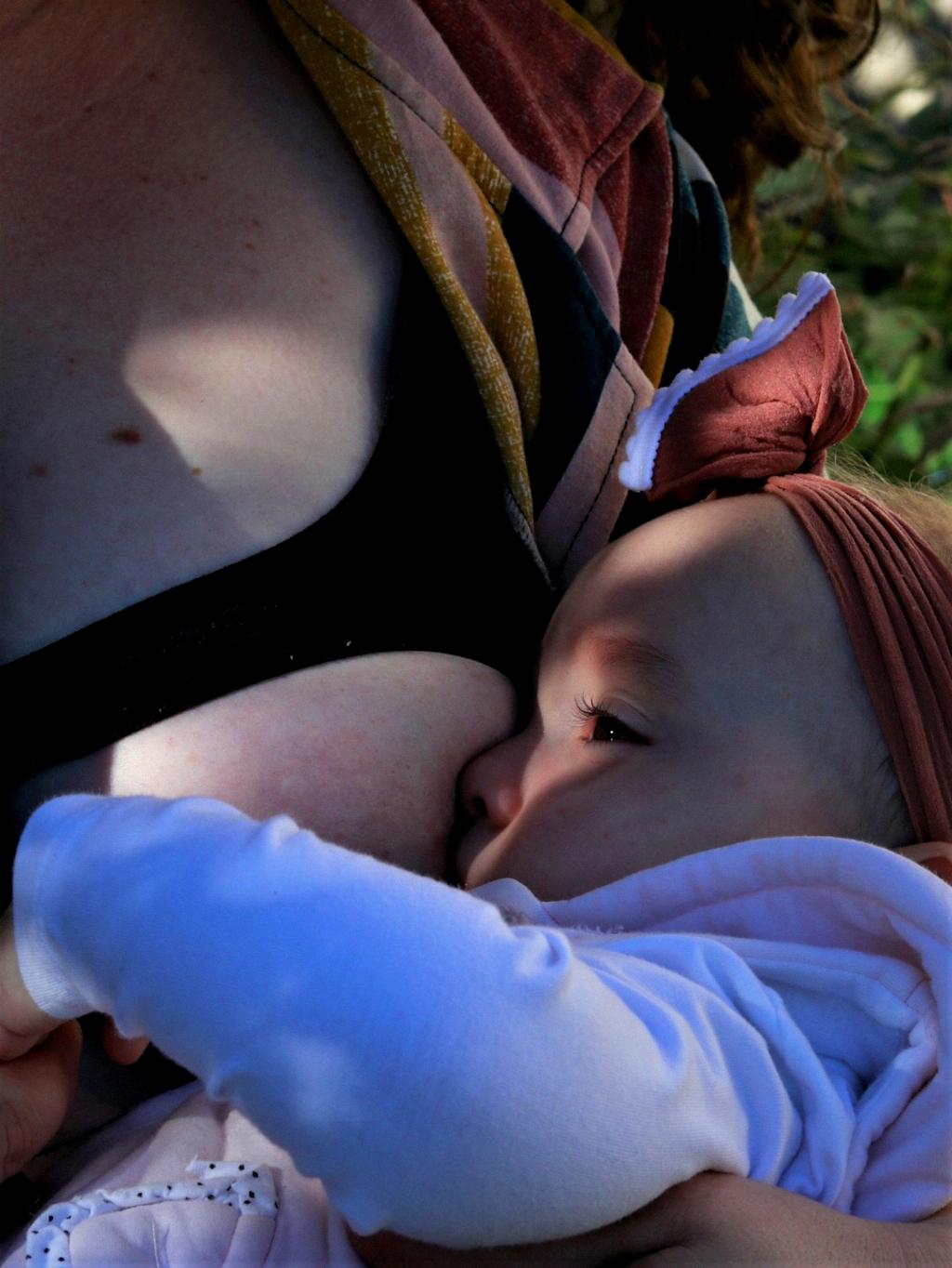When it comes to the health and well-being of babies, ensuring they receive the right amount of essential nutrients is crucial. While vitamin D is vital for bone growth and overall health, it is possible for babies to consume too much of it, leading to potential health risks.
The recent reports of severe hypercalcemia in infants in 2022 have raised concerns about the dangers of excessive vitamin D intake. Hypercalcemia occurs when there is an excessive amount of calcium in the blood, which can have serious implications for a baby’s health.
It is important for parents and caregivers to be aware of the risks associated with over-supplementation of vitamin D in infants. While vitamin D is necessary for proper development, excessive intake can lead to toxicity and adverse effects on a baby’s health.
One of the main causes of vitamin D toxicity in infants is the misuse of food supplements containing vitamin D. In some cases, parents may think that more is better when it comes to supplements, but this can be dangerous, especially for babies whose bodies are still developing.
Symptoms of vitamin D toxicity in infants can include vomiting, nausea, poor appetite, constipation, weakness, and even kidney damage in severe cases. It is essential for parents to be vigilant and monitor their baby’s vitamin D intake to prevent these harmful effects.
Consulting with a healthcare provider before giving any supplements to a baby is crucial. A pediatrician can provide guidance on the appropriate dosage of vitamin D based on the baby’s age, weight, and overall health status.
It is recommended to primarily rely on natural sources of vitamin D, such as sunlight exposure and fortified foods, to meet a baby’s nutritional needs. In most cases, a healthy diet and regular exposure to sunlight are sufficient to maintain adequate vitamin D levels in infants.
Excessive vitamin D supplementation should be avoided unless specifically recommended by a healthcare professional. In cases where supplementation is necessary, it is important to follow the recommended dosage carefully to prevent potential risks to the baby’s health.
Ultimately, striking a balance in ensuring a baby receives adequate but not excessive amounts of vitamin D is essential for their optimal growth and development. Being informed about the potential risks and working closely with healthcare providers can help parents make the best decisions for their baby’s health.
In conclusion, while vitamin D is a critical nutrient for babies, it is possible for them to get too much of it, leading to toxicity and adverse health effects. Parents should be cautious about supplementing their baby’s diet with vitamin D and seek guidance from healthcare professionals to ensure proper and safe intake levels.

